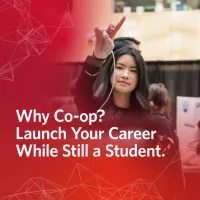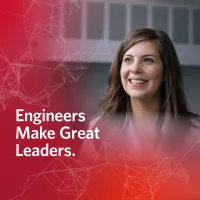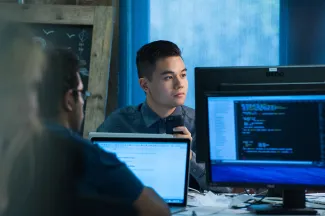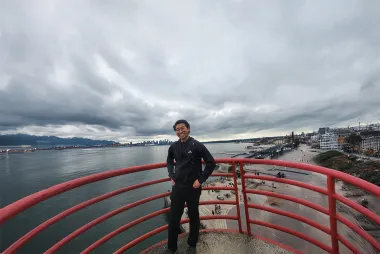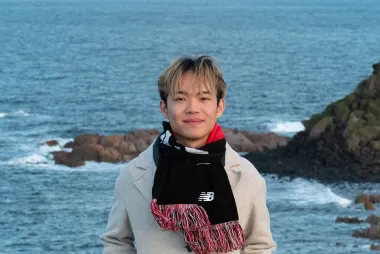"I saw computer engineering as a place for me to build interesting technology that can make a difference."

Sijan Poudel
- Degree: Bachelor of Applied Science
- Program:
- Campus: Vancouver
Why did you want to study engineering?
I spent half my life in Nepal and half in Japan, so I saw first hand the difference between the two countries and their technological innovation. I was curious about how one country could be so different from the other. And that curiosity drew my attention to how things are built, and how and why they work.
I was always questioning things as a child, and I knew I wanted to do something innovative where I could contribute to making peoples’ lives better. I could tell engineering would give me this opportunity.
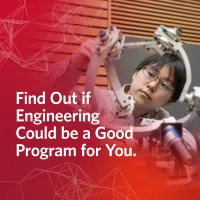
You did the Vantage program in first year. How was that experience?
I found about the Vantage One Engineering program when I was applying to UBC and it sounded like a good way to gain more confidence in my English speaking skills. Being part of Vantage helped me improve my fluency and meet other international students who were in the same boat.
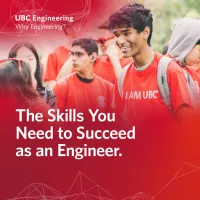
What were some of the highlights of your degree?
One of my favorite courses was CPEN-321, a software engineering course where my team developed an app with an idea I came up with. It’s sort of like Tinder for backpackers, adventurers and travellers – if two people are planning on going to the same destination, they can match with each other and go on the trip together.
This was my first time fully developing a full-stack mobile application from scratch and it was a great experience.
Another highlight was a course on business and entrepreneurship that was part of New Venture Design. The course taught me a lot about market research, competitor analysis, customer validation and other business topics relevant to startups. My team started with conducting over 100 interviews with students to find out what they are struggling with. We then developed a motivational app they can use to stay on track and motivated.
Our app has two main features. The first supports goal setting, so you start by entering your long-term goals. The app then uses AI to break down that long-term goal into shorter-term and medium-term tasks and goals to get you there. The second is a visualization feature where AI will generate an image of yourself achieving that goal. So, if my goal is to be a successful tech entrepreneur, it could generate an image of myself on the cover of a business magazine.
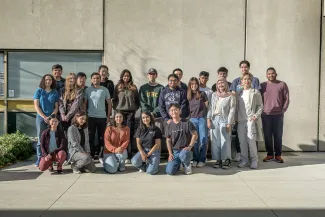
What sort of extracurriculars have you been involved in?
Lots! I’ve been part of an engineering design team, UBC Smart City, for three years and served as the primary captain. It was a new design team when I started with it. I was initially assigned a technical lead role and eventually got promoted to transportation team lead before becoming the primary captain. This was a great experience and I worked on lots of projects that helped me develop my coding and leadership skills.
Hackathons have been a big part of my life at UBC. In total, I’ve competed in 17, placing third in one and second in two competitions.
I’ve also done lots of volunteering, from one-off events like Design and Innovation Day Volunteer, Imagine Day Orientation Leader, MURC Volunteer and Move-In Day Volunteer to longer-term initiatives like being a Peer Mentor and Computer Science Tutor Volunteer.
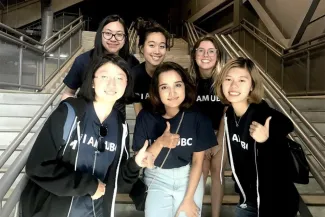
Now that you’ve graduated, what’s next?
My ultimate goal is to build a startup. Shorter term, I’d like to work in industry or gain research experience doing a master’s degree as I think it could be a great stepping stone for me to grow my knowledge and be able to innovate.
